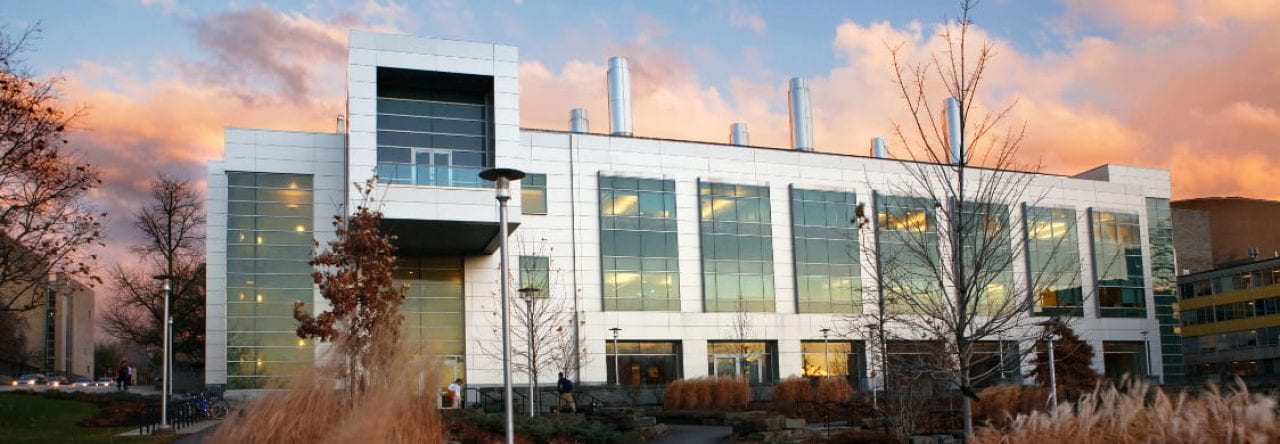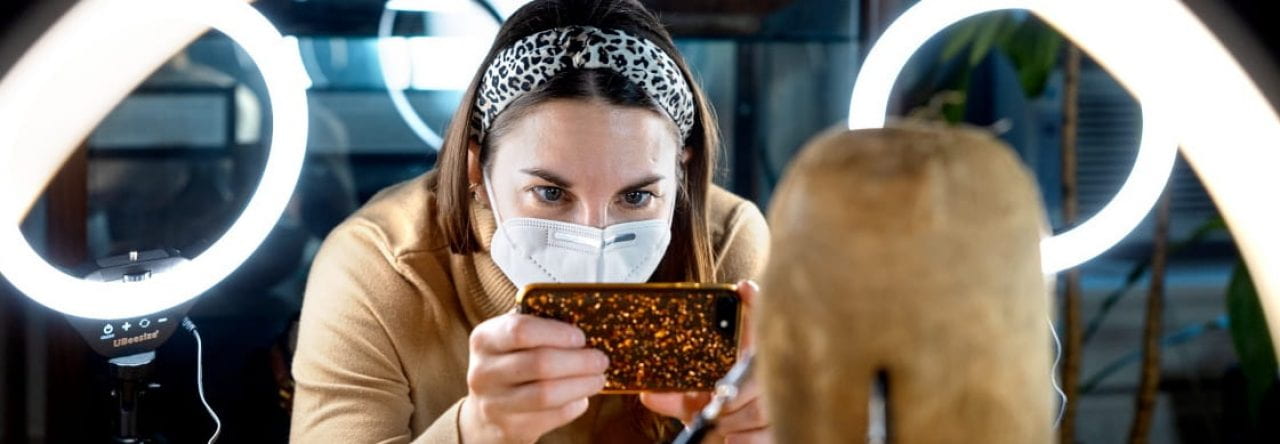Guillaume Lambert
Assistant Professor, Gordon Lankton Sesquicentennial Faculty Fellow
Applied and Engineering Physics
Biography
Guillaume Lambert joined the faculty in the School of Applied and Engineering Physics at Cornell University in July 2016. Most recently he was a visiting scholar at the Wyss Institute of Harvard University and, prior to that, was a Chicago Fellow in Biology at the University of Chicago. Lambert obtained a B.S. in Physics from McGill University and a Ph.D. in Physics from Princeton University. While at Princeton, he was awarded the Joseph Henry Prize and a Centennial Fellowship and his work at the University of Chicago was supported by research grants from the Chicago Biomedical Consortium.
Research Interests
The Lambert Lab pursues interdisciplinary research at the intersection of Physics and Quantitative Biology. Our research is motivated by the notion that complex behaviors in bacteria (e.g. pathogenicity, antibiotic resistance, gene regulation and cell-fate decisions, etc.) often arise from cell-to-cell variability, transient cellular dynamics, or heterogeneous phenotypic responses before spreading within a population. Consequently, to gain sufficient insight into active biological processes, information about microorganisms must be gathered at the single-cell level and in real time.
To this end, we combine tools from Physics, Bioengineering, and Synthetic Biology to monitor the response of individual bacteria subjected to environmental fluctuations. We believe that the study of naturally-occurring regulatory systems can lead to the discovery of physical and biological principles broadly applicable to the development of biomedical and diagnostics applications. Ongoing research projects include the study of the survival strategies used by bacteria in response to toxic environments, a quantitative description of synthetic transcription factors and their robustness to perturbations, and the basis of extracellular information processing in microorganisms.
We also aim to utilize the insights gained from the study of complex biological systems to aid the design of new tools for applications in biotechnology and medicine. For instance, by seeking to understand the selective pressures guiding the evolution of antibiotic resistance, our efforts may contribute to the development of new and more efficient antimicrobials. Beyond that, the Lambert Lab is also interested in the development and characterization of synthetic biological regulatory elements to guide the creation of biological circuits in cells and other active living systems.
- Bioengineering
- Biotechnology
- Image Analysis
- Imaging and Instrumentation
- Molecular and Cellular Engineering
- Molecular Biotechnology
- Microfluidics
- Microfluidics and Microsystems
- Nanobio Applications
- Systems and Synthetic Biology
- Biophysics
Selected Publications
- Lambert, Guillaume, Justin Chew, Michael J. Rust. 2016. “Costs of Clock-Environment Misalignment in Individual Cyanobacterial Cells.”Biophysical journal 111 (4): 883-891.
- Pardee, K., A A. Green, M K. Takahashi, D. Braff, G. Lambert, J W Lee. 2016. “Rapid, Low-Cost Detection of Zika Virus Using Programmable Biomolecular Components..” Cell 165 (5): 1255-1266.
- Pattanayak, G. , Guillaume Lambert, Kevin Bernat, M. J. Rust. 2015. “Controlling the Cyanobacterial Clock by Synthetically Rewiring Metabolism.” Cell Reports 13 (11): p2362-2367.
- Lambert, Guillaume, E. Kussell. 2015. “Quantifying selective pressures driving bacterial evolution using lineage analysis.” Physical Review X 5 (011016).
- Lambert, Guillaume, E. Kussell. 2014. “Memory and fitness optimization of bacteria under fluctuating environments.” PLOS 10 (9).
Selected Awards and Honors
- Joseph Henry Prize (Physics Department, Princeton University) 2007
- Centennial Fellowship (Princeton University) 2007
- Sigma Xi Membership (Sigma Xi) 2006
- Bourse du Millénaire Scholarship Supplement 2006
- Sloan Research Fellowship (Alfred P. Sloan Foundation) 2017
Education
- BS (Physics), McGill University, 2007
- Ph D (Physics), Princeton University, 2011





